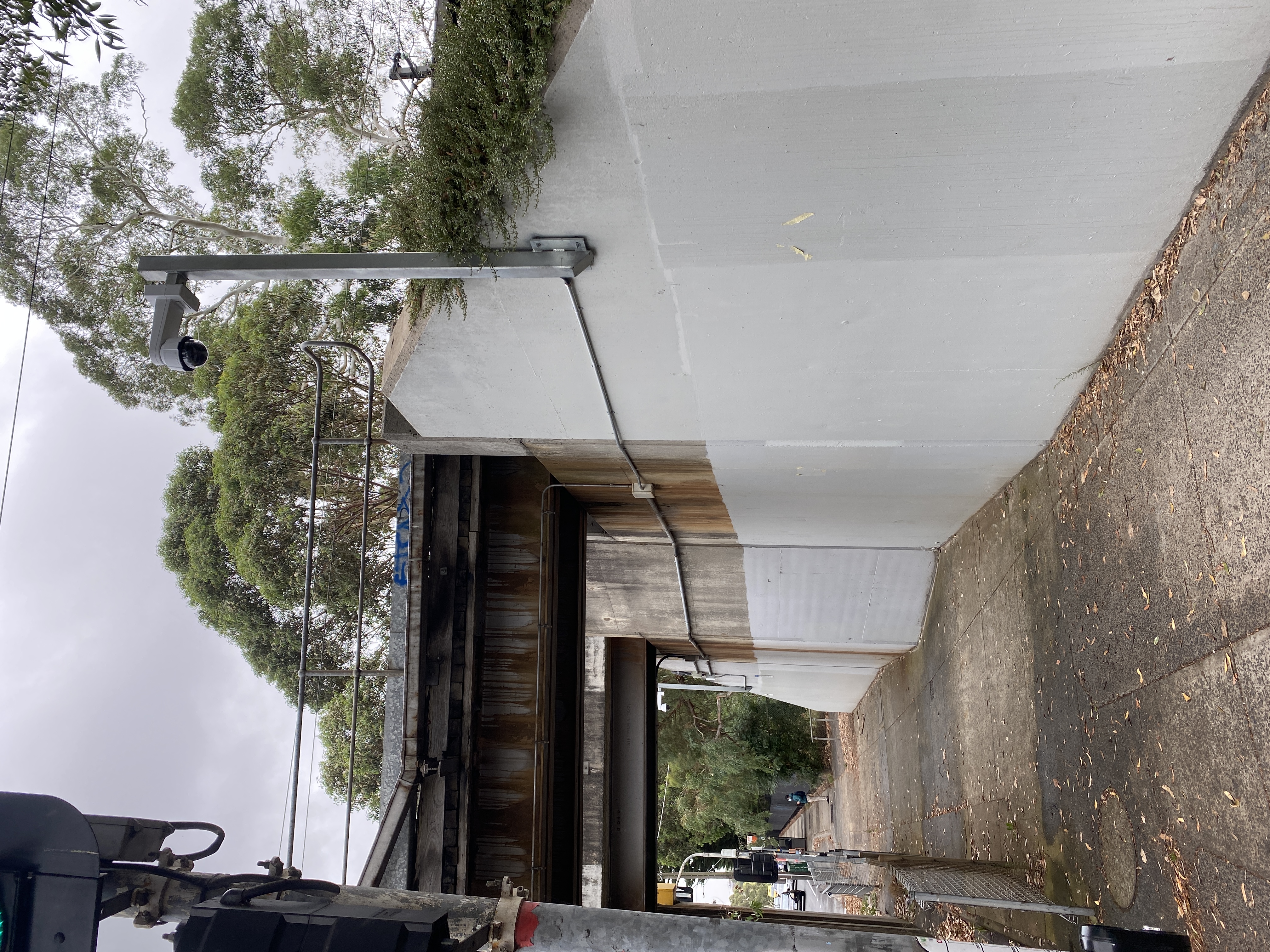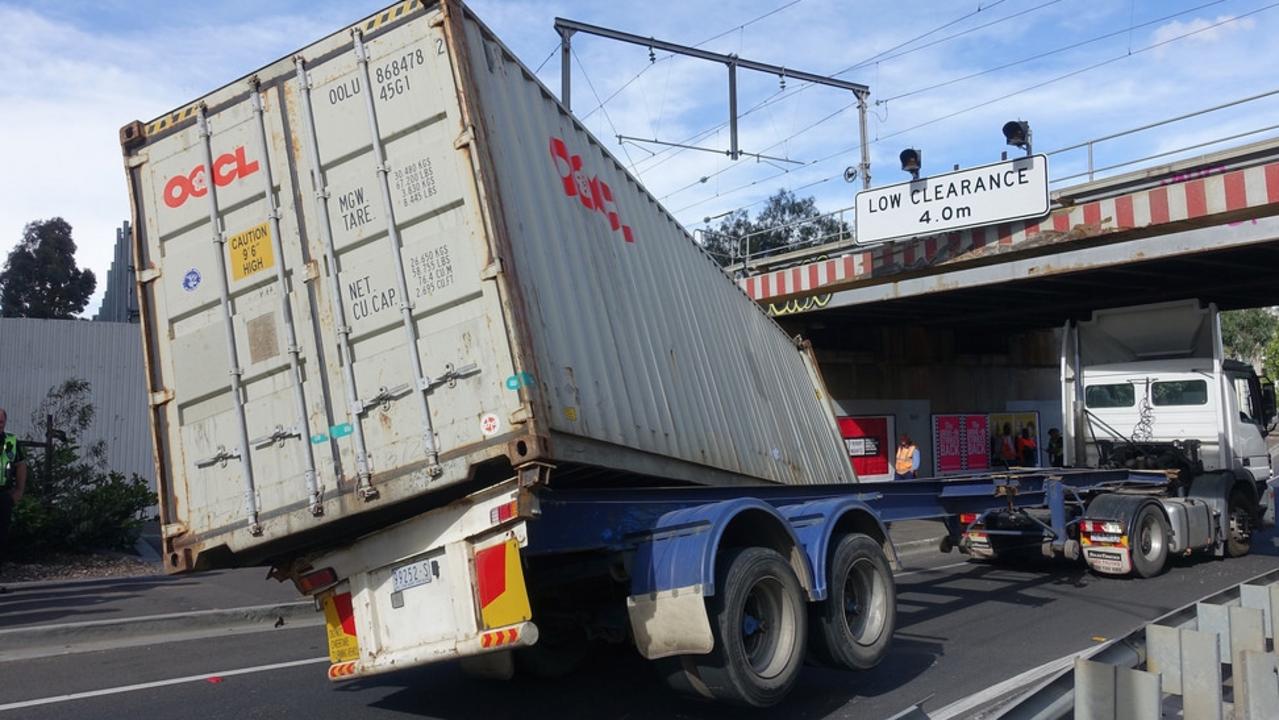Metro installs new bridge strike technology
Metro installs new bridge strike technology
New technology is helping to detect when trucks hit a rail bridge as soon it happens, limiting potential delays for thousands of train passengers.
When a rail bridge is hit, not only can it cause damage to rail infrastructure, but it can also delay thousands of passengers with trains often stopped or train lines suspended until the bridge is inspected and deemed safe.
Since 2021, there have been more than 100 bridge strikes on the Metro network – about 1 every week.
Last year, Metro Trains recorded 50 collisions with metropolitan train bridges. So far in 2023, there have been 7 bridge strikes.
Napier Street, Footscray is the network’s number one hotspot, clocking up 80 strikes over the past 10 years.
Notification of bridge strikes have traditionally been reliant on an incident report being filed by the person who caused the incident, a member of the public or emergency services.
New bridge strike technology has been installed at three hot-spots on the network – including at Racecourse Road in Newmarket, Huntingdale Road in Jordanville and Warrigal Road in Holmesglen.
New state-of-the-art impact sensors on bridge beams and CCTV cameras provide immediate notification and remote assessment of any damage caused when a vehicle strikes one of these bridges.
An alert notification is sent directly to Metro’s Security Operations Centre, including the time of the impact and images from the scene.
Crews can then remotely assess the impact of the strike and whether train services need to be slowed or even stopped while further investigations are underway. The team can also assess whether a bridge inspector needs to be called.
The program will not only improve safety on the network but reduce delays for train passengers.
Over the next few months, Metro will assess the success of the new technology with a view to installing more sensors to other rail bridges across the metropolitan network.

